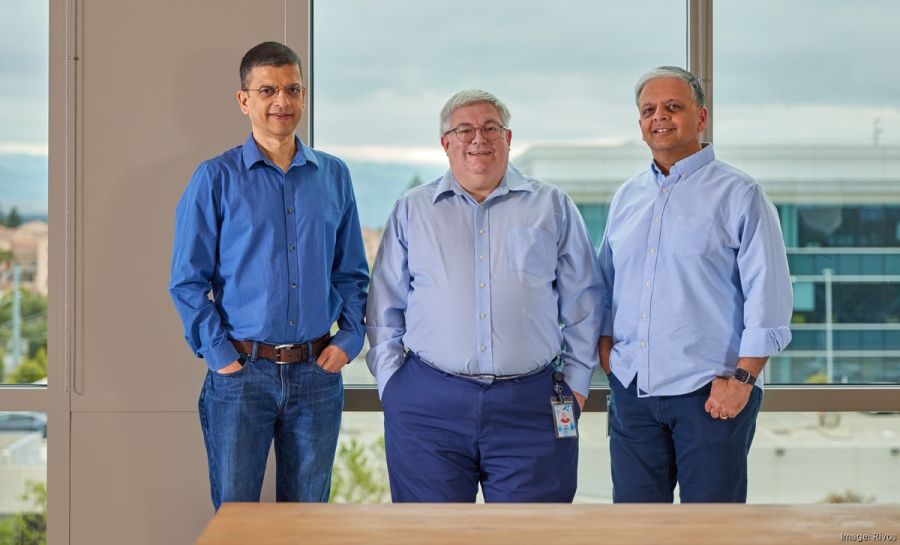Meta in talks to acquire AI chip startup Rivos to boost in-house semiconductor efforts

Meta is stepping deeper into the chip race. The social media giant confirmed on Tuesday that it intends to acquire Rivos, a Santa Clara–based startup focused on RISC-V–based semiconductors, as part of its push to build custom silicon and reduce reliance on outside suppliers.
Rivos, backed by Intel CEO Lip-Bu Tan, has quickly emerged as one of the most talked-about names in AI hardware. Founded in 2021, the startup began in stealth mode, developing system-on-chips around the open-source RISC-V architecture—a rival to proprietary designs from Arm, Intel, and AMD.
“Meta Platforms Inc. is acquiring chips startup Rivos Inc., according to a person familiar with the deal, part of an effort to bolster its internal semiconductor development and control more of its infrastructure for artificial intelligence work,” Bloomberg reported.
Unlike many chip startups, Rivos began with the software stack before moving into hardware, a strategy its founders argue gives them an edge in meeting the demanding computational requirements of large language models and advanced analytics.
Rivos is also working on its own graphics processing unit, or GPU—the type of chip that drives most AI workloads. That makes it a particularly strategic fit for Meta, which already has a team building in-house AI chips under its Meta Training and Inference Accelerator (MTIA) program but still spends billions each year buying GPUs from external partners, including Nvidia, the market leader.
Rivos is developing its own graphics processing unit, known as a GPU, which is the chip that powers most AI-related work. Meta already has a team internally building chips for AI development, known as the Meta Training and Inference Accelerator, but the company still spends billions each year on GPUs from external partners, including market-leading Nvidia Corp.
Meta declined to share financial terms, and Rivos did not immediately respond to a request for comment. The deal comes just weeks after reports that the startup was looking to raise between $400 million and $500 million at a valuation near $2 billion. Sources told Reuters that Meta has long been one of Rivos’ biggest customers and had been in talks with the company about a potential acquisition.
For Meta, the deal isn’t just about adding talent—it’s about securing its hardware future. The company has been working on its Meta Training and Inference Accelerator (MTIA), a family of in-house AI chips designed to reduce dependence on Nvidia’s costly GPUs. “Our custom silicon work is progressing quickly, and this will further accelerate our efforts,” a Meta spokesperson said. Yee Jiun Song, the company’s VP of engineering, echoed that point in a LinkedIn post, calling Rivos’ expertise in full-stack AI systems a natural fit for the MTIA roadmap.
The acquisition would give Meta more control over its infrastructure costs, which have ballooned as it competes in the generative AI arms race. Earlier this year, Reuters reported that Meta was already testing its first in-house training chip as part of that effort. For now, the company remains one of Nvidia’s largest customers, but securing Rivos’ technology could mark a shift in how it balances its hardware strategy.
Rivos has attracted heavyweight backers and plenty of attention in the semiconductor world by betting on open-source chip designs and power-efficient architectures—an approach that appeals to data centers struggling with the spiraling cost and energy use of AI workloads. CEO Puneet Kumar has said the company’s chips are built for environments where every watt and every dollar matter, a message that resonates as hyperscalers seek alternatives to the GPU bottleneck.
Bloomberg first reported Meta’s acquisition talks with Rivos.

Rivos Founders




